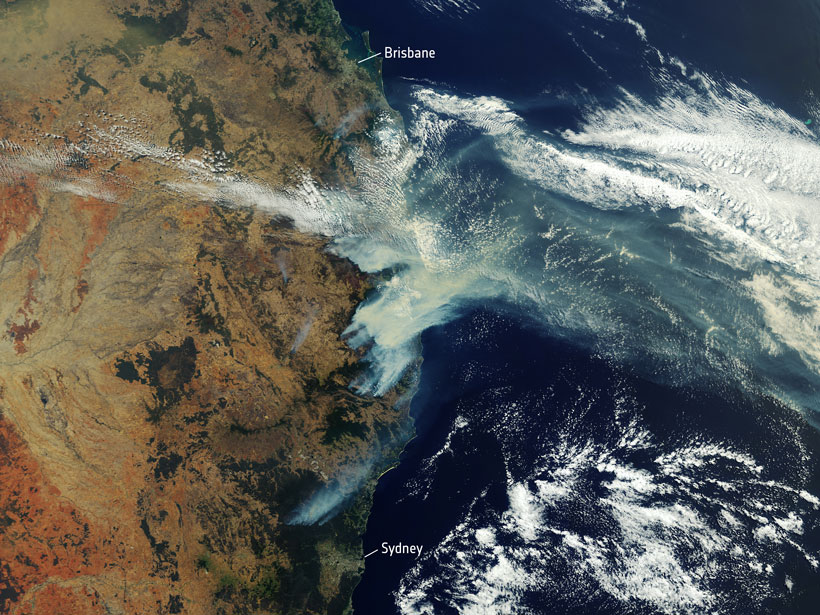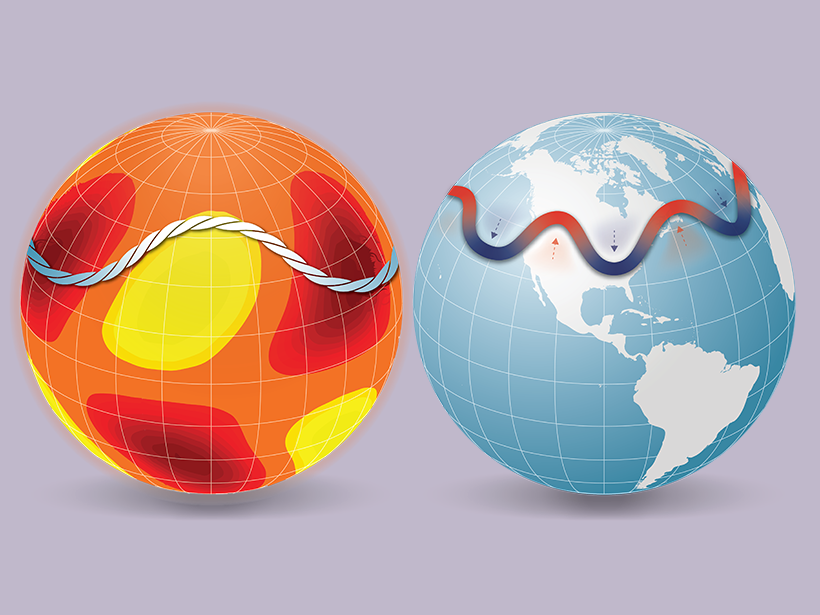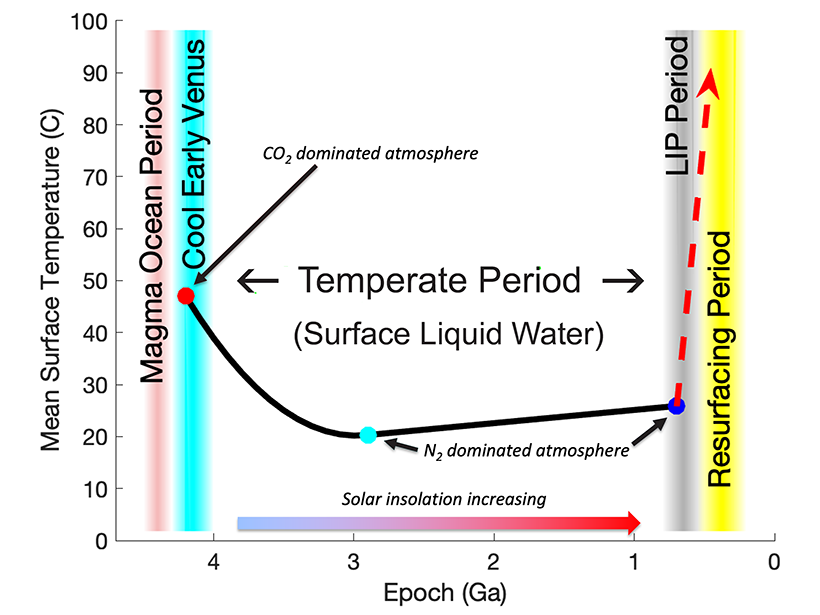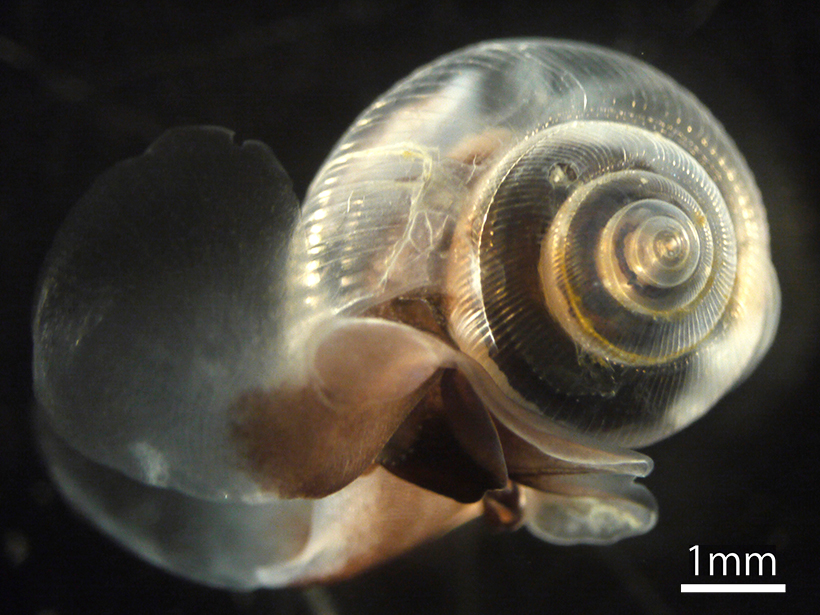An efficient, low-resolution machine learning model can usefully predict the global atmospheric state as much as 3 days out.
Research Spotlights
Research spotlights are plain-language summaries of recent articles published in AGU’s suite of 24 journals.
Tracking Tropospheric Ozone Since 1979
Stratospheric ozone depletion between 1979 and 2010 resulted in a slight decrease of ozone in the troposphere during that period despite increased ozone production from anthropogenic emissions.
How Much Modification Can Earth’s Water Cycle Handle?
The planetary boundaries framework defines how much human disturbance various Earth system processes can take, but it may not adequately depict the water cycle or the extent to which we’ve altered it.
A Revised View of Australia’s Future Climate
The most recent generation of models of the Coupled Model Intercomparison Project better captures rainfall drivers, extreme heat events, and other facets of regional climate.
Space Weather Forecasting Takes Inspiration from Meteorology
Solar features analogous to major atmospheric waves on Earth could offer more advanced warning of harmful solar storms.
How Long Was Venus Habitable?
Climate simulations of Venus’s history could provide insights into the habitability of Earth and of exoplanets.
Hardwood Forest Soils Are Sinks for Plant-Produced Volatiles
New research identifies temperature, moisture, and soil fungi as important factors in influencing how biogenic volatile organic compounds cycle between plants and the atmosphere.
Arctic Plankton Populations Vary by Season
Planktonic foraminifera and sea snail numbers swell from April to June in the Barents Sea, but contrary to predictions, the organisms do not appear to be affected directly by high methane levels.
Tracing the Past Through Layers of Sediment
Signals in layers of sedimentary rock hint at climates and ecosystems come and gone. Understanding this history can help us forecast the future, but challenges abound.
The Climate and Health Impacts of Gasoline and Diesel Emissions
New research tallies the effects of gas- and diesel-burning vehicle emissions on the climate, as well as on human health. Together, the emissions cause more than 200,000 premature deaths each year.










